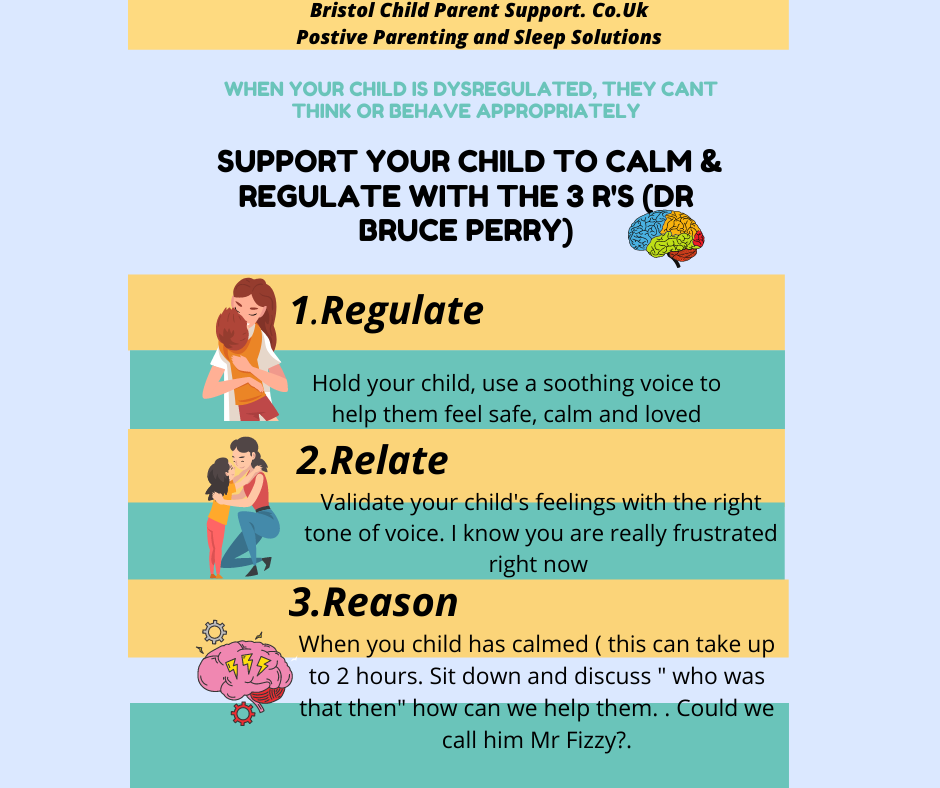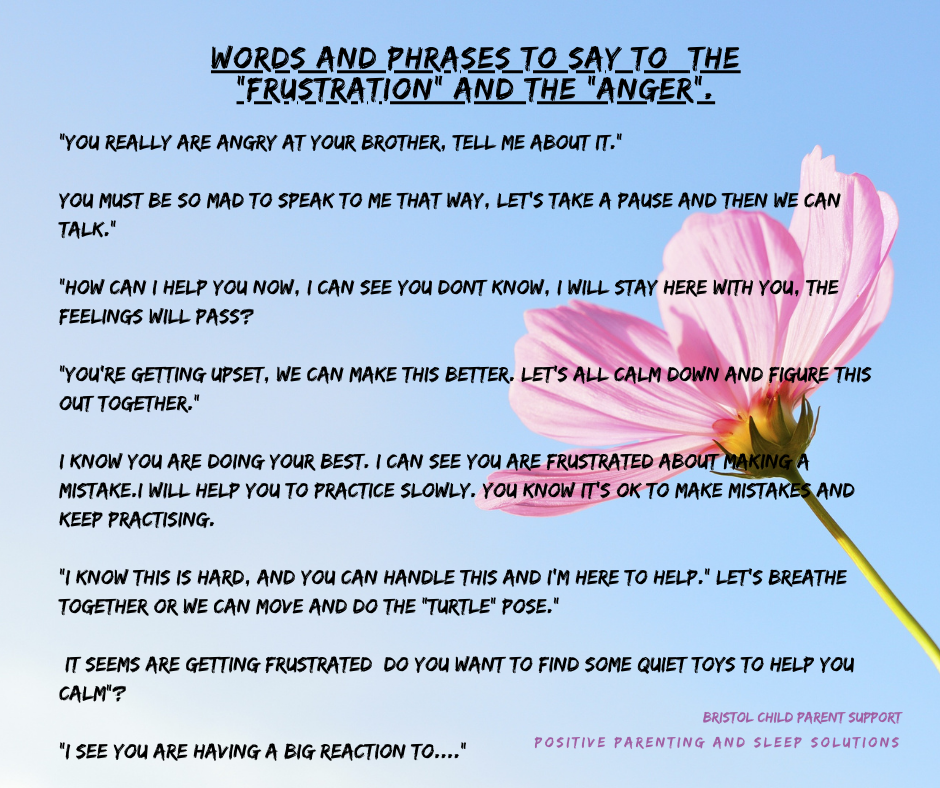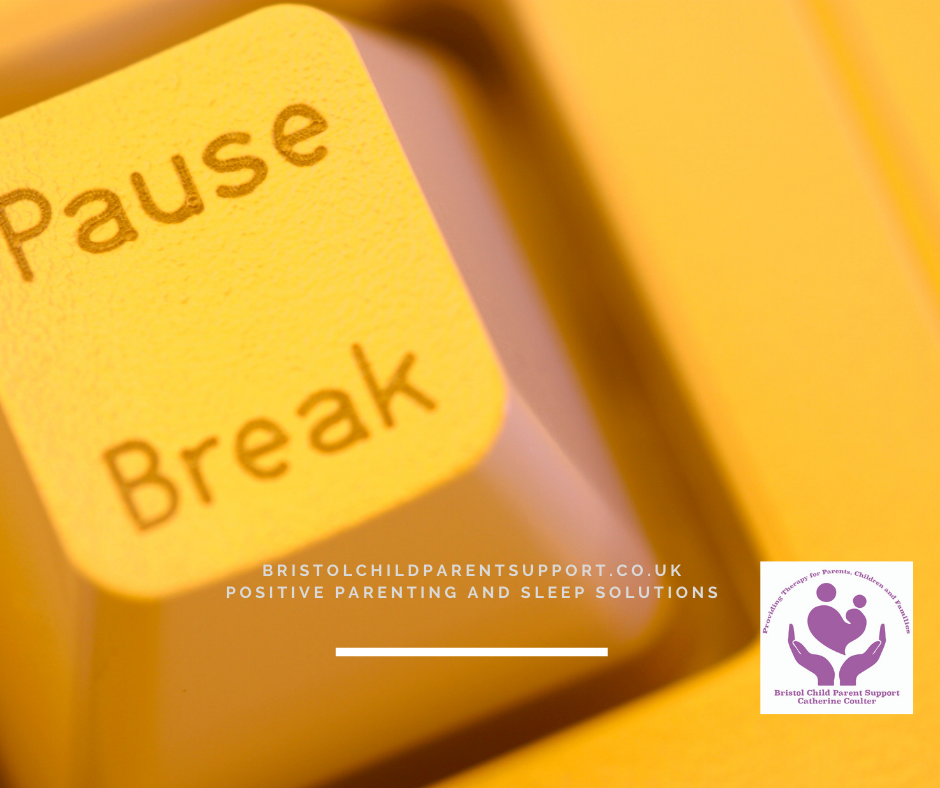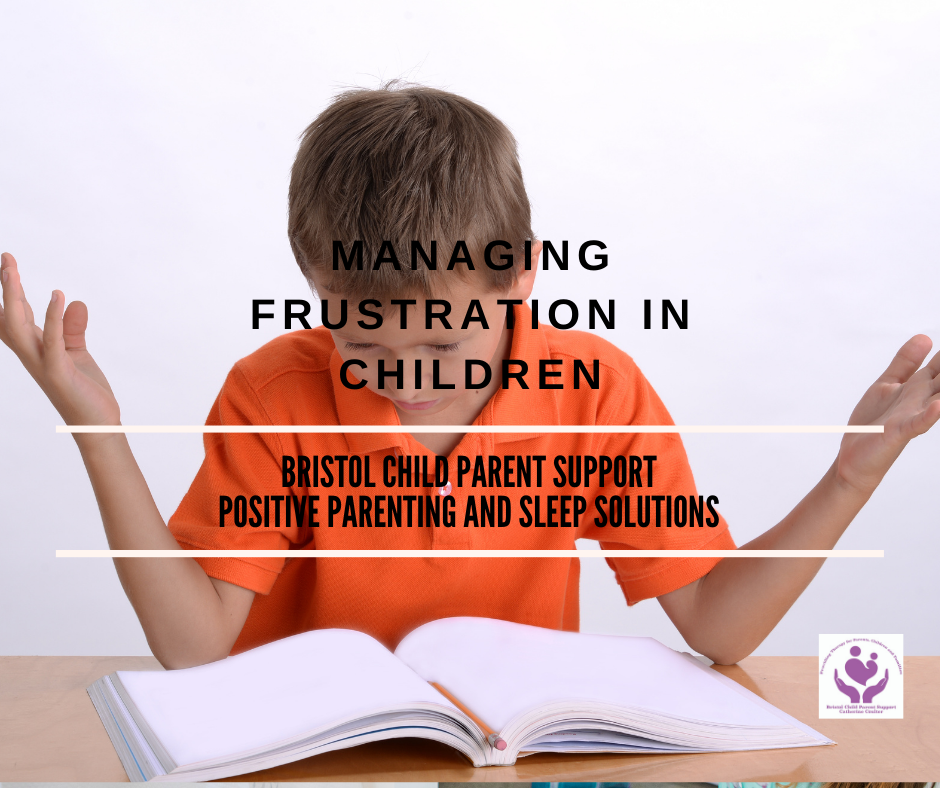Frustration may be the one emotion preventing your child from reaching their goals. During challenging times such as these, we feel a bit of Frustration. Children are less equipped to manage Frustration constructively. Therefore today’s post will offer some ideas on managing those “fizzy” moments.
What is Frustration?
Frustration arises when the path toward a goal is blocked. We are all hardwired for Frustration; in many circumstances, it is a healthy emotion that helps us adapt. In other words, it moves us to remove the obstacle to our goal and pushes us to try harder. This often clears the path to reach it.
At what age can a child feel Frustration?
It starts early, such as your baby may become frustrated when they are waiting to feed on the breast or bottle. Toddlers may become frustrated sharing; older children may find it challenging to tolerate losing a football match or manage homework difficulties.
Anger versus Frustration.
Anger and Frustration are related but are not the same. Anger arises as a response to a perceived threat. Ongoing cycles of Frustration can lead to irritation and feelings such as disappointment and even hopelessness.
What your child might say when they are Frustrated.
If children are unable to clear the path to their goal over and over, they sometimes start to feel powerless and may say:
There is no point, no matter how hard I try, I can’t keep up in class.
They just don’t want to be friends with me, I don’t know why.
I revised all night and I couldn’t remember anything.
How your child may behave if they are Frustrated
In my experience, children who feel constantly frustrated start to lose motivation, preventing them from moving forward and diminishing their confidence. You may notice certain behaviours, such as:
- Sitting quietly in class, not engaged, and not trying. ( A feeling of learned hopelessness)
- Avoid taking risks or trying new things because they think they will fail.
- Refusal to do homework.
- I was rushing at homework and assignments and making careless errors.
- Cheating at the team and board games.
- They think they have no control over their ability to succeed at something, whether in school, extracurricular activities, or social situations.
- They were messing around to distract people from things they often don’t do as well as others.
Your Role
How your children deal with Frustration is influenced by how you react. They will be, too, if you understand, validate, and are calm. Validating involves putting yourself in their shoes and conveying an understanding of their experience as they are experiencing it. This consists in imagining what the situation must be like for them.
This is not always easy if you’ve experienced blocked care from your parents. You may need to work on your feelings and emotions first in therapy. NB. No parent is perfect, and it’s about being good enough and consistent most of the time.
Firstly, try to remain calm and use gentle language. For example, “I see that something is up.” Dr Bruce Perry’s 3 R’s are helpful to hold in mind in these “fizzy” moments.

More ideas to help your child master Frustration.
Step One.
Here are simple guidelines to begin with:
- Be developmentally appropriate in teaching a range of emotions. Try to work out what they may be feeling and then frame and label this. They can’t say they are frustrated if they don’t know the word and its meaning.
- Notice your child’s different emotional states and “mirror” them back. For example, the words and phrases below:

- Help them with challenging beliefs and negative thoughts.
- Talk about your feelings.
- Model emotional regulation.
Step Two
Your next step is positively responding to the Frustration to prevent the negative emotional cycle. Many parents make the mistake of encouraging their children to try even harder. In my experience, this rarely works; you enable them to continue doing what’s failed!

What you need to do is help them to take a pause! In other words, step back from the situation creating” frustration”. For example, if your child is struggling with homework, stop, set it aside and take a break. This creates emotional distance and time to settle uncomfortable feelings.
Step Three.
Furthermore, do something positive, snack, breathe, listen to music, or throw a ball around. Consider encouraging an activity you know they can exceed.

Step Four
Encourage problem-solving and emotion coaching; click here for my blog on emotion coaching.
What is Emotion Coaching?
It helps young people understand different emotions and how they can help manage themselves, especially in times of difficulty. At these times, through empathy, parents teach/ guide their children about more effective responses and, most importantly, find solutions. When trying to problem solve, break the “bigger” problem down into minor, manageable issues. Furthermore, solutions take time and effort. So if your home sometimes feels like a battleground, I know you are:
Doing your best and so are they!
You are all parenting in challenging and uncertain times. Thank you for taking the time to read this, and thank you for your commitment to the well-being of your child and your family and your willingness to keep learning and growing. Remember: parenting is hard work, and you all deserve support. Please share your gratitude and love by sharing posts with those in need. If you need help, contact me for a consultation or attend one of my workshops. With Love Catherine



